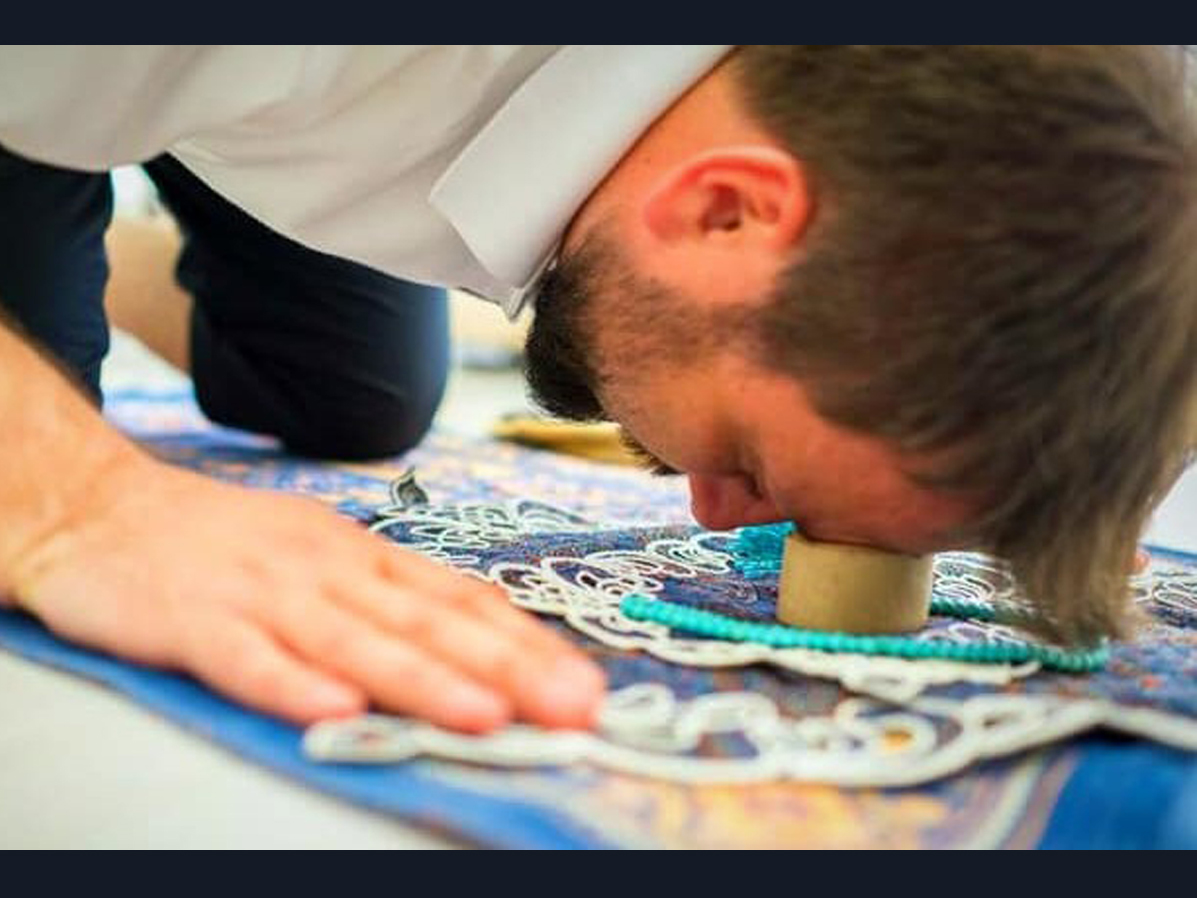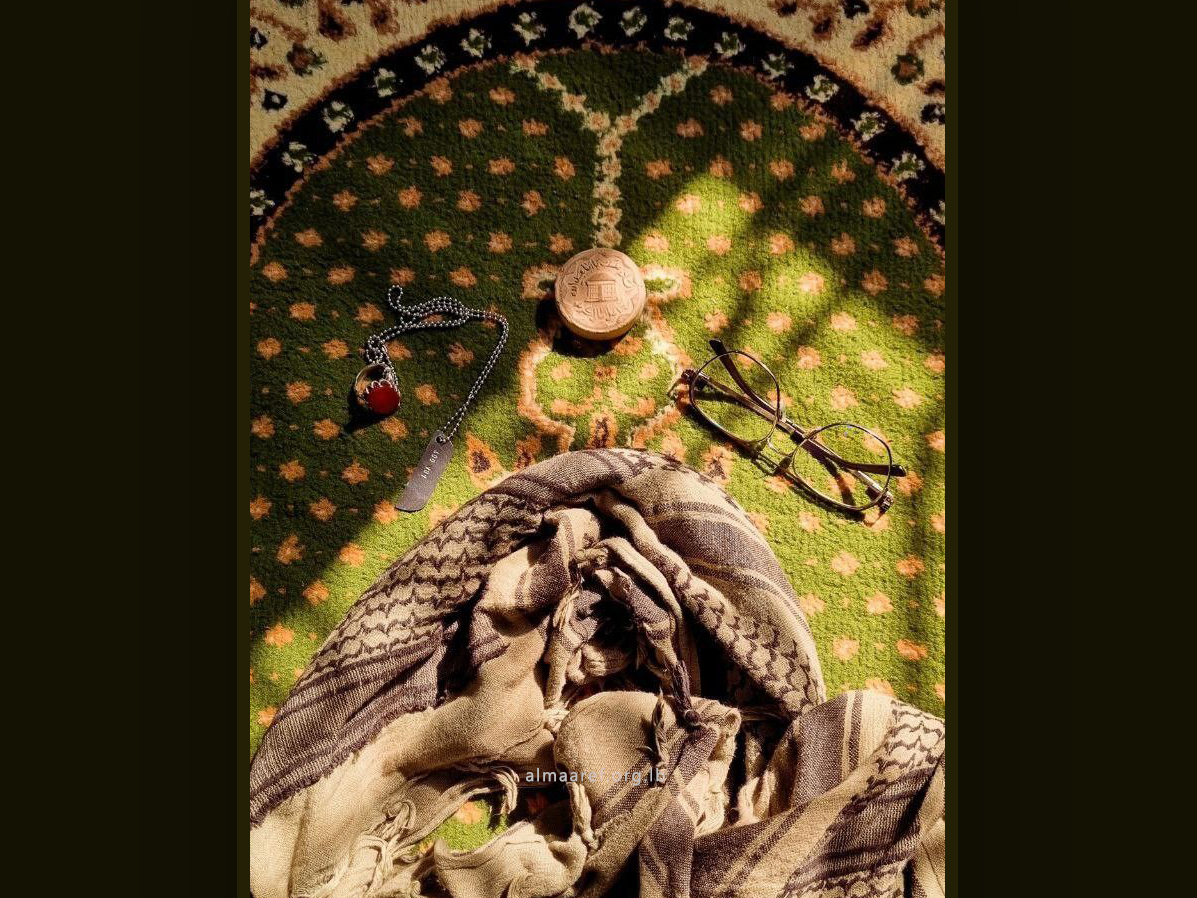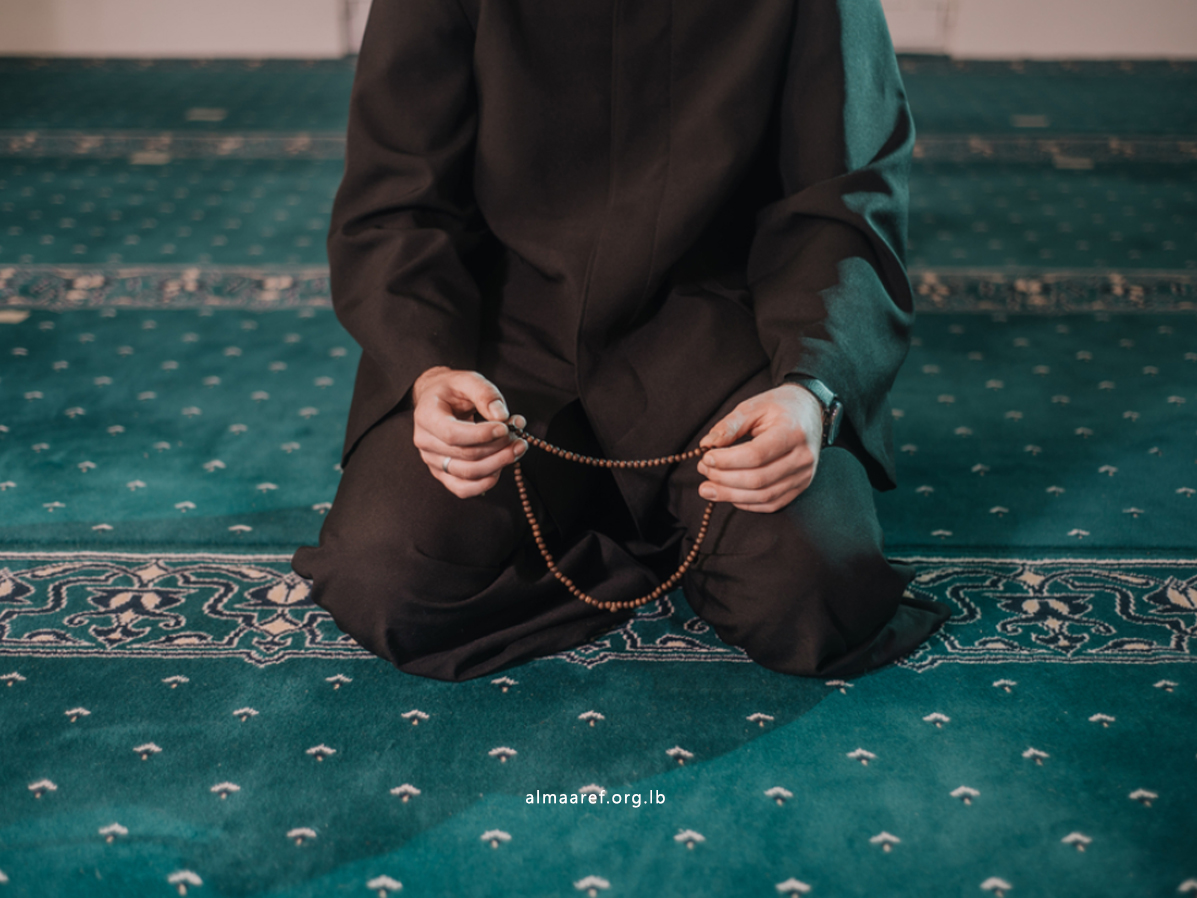Islam sees that a man truly needs God,[1] but only a perfect man knows the reality of his existence. Thus, knowing the reality behind his existence is one of the steps needed to reach the highest ranks of God’s nearness.
Al Imam Ali (a.s) says:” He who understands people has gotten the greatest reward[2]”. From the other side, he who really, completely and presently understands the reality of his existence (which is being connected to God), will know that God is the only one who exists and He is his Lord and creator:
The greatest messenger (pbuh) says:” He who knows himself knows his God”. [3]
The present knowledge of God is a kind of mystical vision of God. Such knowledge is specific to the perfect man only because if a person isn’t directed to do anything independently, he will not be able to see anything else. For example, when we look into the mirror - which is a very transparent object - and focus our attention to its surface, we will not be able to see beyond it.
When a person, who is perfect in knowing the present and inner awareness, realizes the fact that his existence is the same link and attachment to the independent existence only, which us God Almighty, he will not see any independence for any other existence, but rather he will only turn to God in an independent direction. Therefore, all the veils that prevent him from witnessing God will rise from him and he will see that Everything is one of the signs of the truth, and that God is present in everything, “On that Day ?some? faces will be bright, looking at their God”. [4]
Al Imam Al Sajjad says;” Do not prevent those who yearn to see your beauty”. [5]
Al Imam Ali (a.s) also asks for this when he says:” O my God, bestow me with the perfection of being only connected to you, lighten our hearts with the light of seeing you until the hearts’ sight broke the veils of light to reach into greatness, and our souls become connected to you… let me a follower of your honor light to know You well and deviate away from anyone except you…” [6]
He who reached this great rank says:” I didn’t worship a God whom I don’t see”. [7]
Al Imam Al Hussein (a.s), the Master of the Martyrs, also talks about this when saying:” Can anything other than You hold a (kind of) manifestation that You lack, and thus it may act as an appearance for You? When have You ever been absent so that You may need something to point to You? When have You ever been far-off so that traces may lead to You? Blind be the eye that cannot see You watching it. Losing is a servant’s deal that does not dedicate a share to the love for You… What can one who misses You find any substitute? What can one who finds You miss anything else? It is You Who have introduced Yourself to me in all things, therefore, I have seen You Manifest in all things.”[8]
Among the other supplies needed for reaching the ultimate value and the highest degree of nearness is love and contentment between God and man. The Quran talks about those who reached this rank when saying:” Those who believe are who love God the most”. [9]
And also when saying:” He loves him and they love Him”. [10]
Also:” Allah will say to the righteous,? “O tranquil soul, Return to your Lord, well pleased ?with Him? and well pleasing ?to Him?” [11]
Al Imam Al Hussein also says regarding this:” You are the One whom your light shines in the heart of your guardians so that they know you, says that you are the only God, and You removed the darkness from the hearts of those who love you so that they love know one except you and resort to no one except you”. [12]
Al Imam Al Sajjad (a.s) also says;” Those who love You felt happy when they looked at you… How beautiful is the taste of your love and how pure is your nearness, so seek our refuge from being away from you”. [13]
Principles of Morals, Al Maaref Islamic and Cultural Institution
[1] Surah Fatir 35: 15 “Oh People, you are in need of God and He is the wealthy oraiser”.
[2] Abd Al Wahed bin Mohammad Al Tamimi Al Amidi, Ghirar Al Hikam and Kalim, page 242, hadith 4641
[3] Mohammad Bakir Al Majlisi, Bihar Al Anwar, part 2, page 32
[4] Surah Al Qiyamah 75: verses 22-23
[5] Mohammad Bakir Al Majlisi, Bihar Al Anwar, part 81, page 144, a part taken from Supplication of Mourners
[6] Same source page 99, a part taken from the Shabaniyah Mounajat
[7] Mohammad bin Yaaqoub Al Kulayni, Al Kafi, page 98
[8] Mohammad Bakir Al Majlisi, Bihar Al Anwar, part 95, page 226-227, a part taken from Supplication of Arafa
[9] Surah Al Baqarah 2: verse 165
[10] Surah Al Ma’idah 5: verse 54
[11] Surah Al Fajr 89: verses 27-28
[12] Mohammad Bakir Al Majlisi, same source
[13] Mohammad Bakir Al Majlisi, Bihar Al Anwar, part 91, page 151, a part taken from the Supplication of the Knowers



















